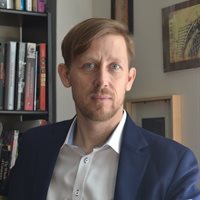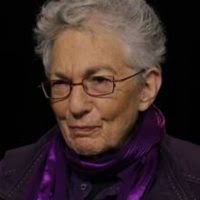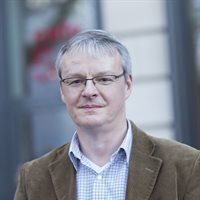O Financial Times reporta que a LSE desistiu de um programa que seria financiado por um magnata de Shanghai que apoia as políticas autoritárias de Xi Jinping.
O Board deve ter decidido, depois de pressões contrárias de professores e estudantes, certamente preocupados com o que está acontecendo em Hong Kong.
Paulo Roberto de Almeida
London School of Economics academics outraged by proposed China programme
University forced to put on hold plan backed by pro-Beijing venture capitalist
Documents outlining the programme said the scheme would fund research and support new courses on Chinese economics, politics and society
The London School of Economics has been forced to “put on hold” a proposed China programme funded by a staunchly pro-Beijing venture capitalist after the plan sparked outrage among the university’s academics.
The university outlined the proposal to LSE scholars focused on China at a meeting last month, according to Chris Hughes, a professor of international relations at the school, and another academic who did not wish to be identified.
It named Eric X Li as the backer of the programme, said Prof Hughes and the other academic, both of whom attended the briefing.
Mr Li is a Shanghai businessman who has regularly praised the authoritarian government of Chinese president Xi Jinping and previously justified the 1989 crackdown on the Tiananmen Square protests.
When questioned about the matter by the Financial Times, the university said management had decided in mid-October to suspend the plan.
“LSE has regular discussions about potential new programmes or partnerships which will strengthen our research, teaching and public engagement,” an LSE spokesperson said. “Following consultation with colleagues, initial plans for a China programme have been put on hold.”
The events have raised concerns among LSE scholars about the threat to academic freedom from what they say is an over-reliance on foreign donors at the university, which has come under fire in the past over the issue.
The university was criticised in 2011 for accepting donations from sources linked to Muammer Gaddafi, the late Libyan dictator, in a report by former Lord Chief Justice Woolf.
The scandal forced the resignation of Howard Davies, the university director.
Prof Hughes said university management told the group of China-focused researchers that the programme was to receive a sum “in the millions” from Mr Li, who has given TED talks and written opinion pieces in international newspapers defending the Chinese government.
“I’m really furious about this . . . it is an insult to our intelligence,” Prof Hughes said of the plan.
In a letter to university management, Prof Hughes said the project would compromise and “certainly reasonably be perceived to compromise the school’s values”.
University documents outlining the programme obtained by the FT said the scheme would fund research, support new undergraduate and postgraduate courses on Chinese economics, politics and society, and will be overseen by an advisory group of “distinguished individuals from China”.
Academics also told the FT they believed the advisory group would exclude Chinese individuals perceived to be unsupportive or opposed to the Communist party government in Beijing.
“It’s not going to be Ai Weiwei or Joshua Wong,” Prof Hughes said, referring to the dissident Chinese artist and the Hong Kong pro-democracy leader.
Mr Li, founder of Chinese investment firm Chengwei Capital, has said alternatives to the Tiananmen Square crackdown “would have been far worse” and the “resulting stability ushered in a generation of growth and prosperity”.
He has also said: “My bet is that Xi will indeed change China, and the world, for the better.”
Academics said his proposed role in the programme was unclear.
In his letter, Prof Hughes said: “The fact that senior figures in the school have reached an advanced stage in negotiating a donation from an individual who prides himself on being an advocate of China’s authoritarian system shows that the school’s existing procedures for protecting our core values and reputation are inadequate.”
The proposal document said funding sources “closely affiliated” with the Chinese government would be “unacceptable”. It added that “additional governance arrangements” would be needed to allay concerns about the close links between government and industry in China.
Mr Li did not respond to a request for comment. The LSE did not respond to the specific complaints from some academics about the programme.
The university documents also said there were other country specific, philanthropy-funded programmes under consideration for India and Israel.
“We have started to develop a new way of promoting research, scholarships, entrepreneurship and alumni engagement for particular regions and countries of the world which are funded primarily though philanthropy,” a university governance document said.






